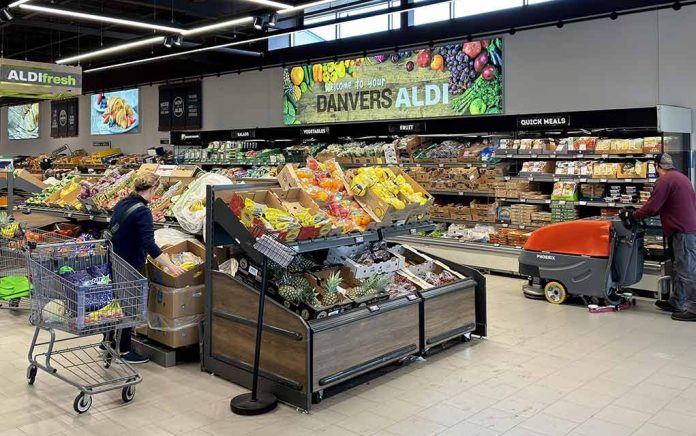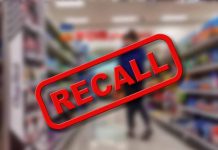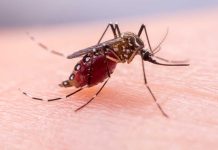
Recent food recalls reveal alarming gaps in food safety, pushing us to confront a critical question: how can we ensure our food is safe?
At a Glance
- Lunds & Byerlys withdrew Lone Star Dip due to potential mold.
- Sensible Portions Garden Veggie Straws recalled over undeclared milk.
- Alfalfa sprouts recalled due to potential listeria contamination.
- Rising recalls in 2023 emphasize the need for modernized safety systems.
Major Recalls Signal Systemic Issues
In recent weeks, the focus on food safety has intensified as recalls mount. Lunds & Byerlys’ recall of Lone Star Dip was prompted by a risk of mold contamination, with customers urged to return the product for a refund. More concerning is the FDA’s Class I recall of Sensible Portions Garden Veggie Straws, which poses serious risks to those with milk allergies due to undeclared milk content. Meanwhile, alfalfa sprouts were pulled from shelves over listeria concerns, underscoring ongoing dangers from foodborne pathogens.
These incidents highlight significant vulnerabilities within the current food safety framework. In response, the FDA has restructured its Human Foods Program to improve its response time to food safety hazards. With food and beverage recalls having reached a peak unseen in years, there’s an urgent call for more robust safety measures and better consumer awareness.
The Role of Consumer Trust and Awareness
Trust violations severely impact companies, affecting their operation, reputation, and survival during a recall crisis. Companies attempt to rebuild trust through strategies such as self-sanction and sharing corrective information. Trust, however, is a fundamental factor in consumers’ risk perception and crisis response. Increasing scientific evidence transparency is one method being tested, though it risks appearing self-serving if not handled carefully.
Consumer behavior drives production, distribution, and consumption patterns, making awareness critical to effective food safety. Socio-demographic factors and media exposure shape perceptions and knowledge about food contaminants. This intersection of consumer education and industry standards is pivotal in reducing foodborne illnesses.
Path Forward: Innovations and Regulations
International standards, like ISO 22000 and Codex Alimentarius, regulate food safety, yet emerging recalls signal the need for enhanced systems. The FDA’s upcoming Food Traceability Rule, effective in 2026, targets high-risk food supply chain improvements. Innovations include the implementation of 2D barcodes by companies like PepsiCo to offer consumers detailed product information. Such steps aim to strengthen traceability and bolster consumer trust through transparency.
The ongoing engagement with organizations like STOP Foodborne Illness and the implementation of collaborative plans highlight the concerted efforts to modernize the U.S. food recall system, striving to ensure public health and reduce future risks.
Sources:
From Awareness to Action: The Battle for Safer Food in an Era of Rising Recalls
Stop Foodborne Illness Delivers Plan to FDA to Improve and Modernize Consumer Food Recalls
Evaluation of FDA Food Recalls in the USA (P04-171-19)
Rethinking the Future of Food Recalls
How Strong Traceability Programs Reduce Risks of Food Recalls













